Dr. Farhina Ahmed, Secretary of the Ministry of Environment, Forest and Climate Change, announced that Bangladesh is developing a National Air Quality Management Plan aimed at improving the country's air quality and effectively preventing and controlling pollution.
The implementation of this plan is expected to gradually increase the number of days with good and moderate air quality across the country, including Dhaka, by 2030. This initiative will support the achievement of Bangladesh's annual average PM2.5 targets as set by the World Health Organization (WHO) and national standards, as well as the South Asia Clean Air Vision 2030.
Dr. Ahmed made these remarks during a meeting held on Tuesday to finalize the draft of the national air quality management plan, prepared with technical assistance from the World Bank, according to a press release.
She highlighted that the plan will enable effective management of emissions from various sources, including vehicles, industrial chimneys, and indoor air pollution. The plan will also facilitate hazardous pollutant control, recognition, and dissemination of best practices in air quality management.
The secretary emphasized the importance of clean energy, energy-efficient technology, fuel quality related to gaseous emissions, and robust air quality monitoring. The plan aims to enhance data collection, research, and assessment of air quality's adverse effects, as well as promote global cooperation in air quality management.
The meeting was attended by Additional Secretary (Administration) Iqbal Abdullah Harun, Additional Secretary (Development) Md. Mosharraf Hossain, Additional Secretary (Environmental Pollution Control) Tapan Kumar Biswas, senior officials from various ministries, and other department officials. The draft national air quality management plan was presented by Deputy Secretary (EPC) Sidhartha Sankar Kundu and Director (Air Quality Management) Md. Ziaul Haque.



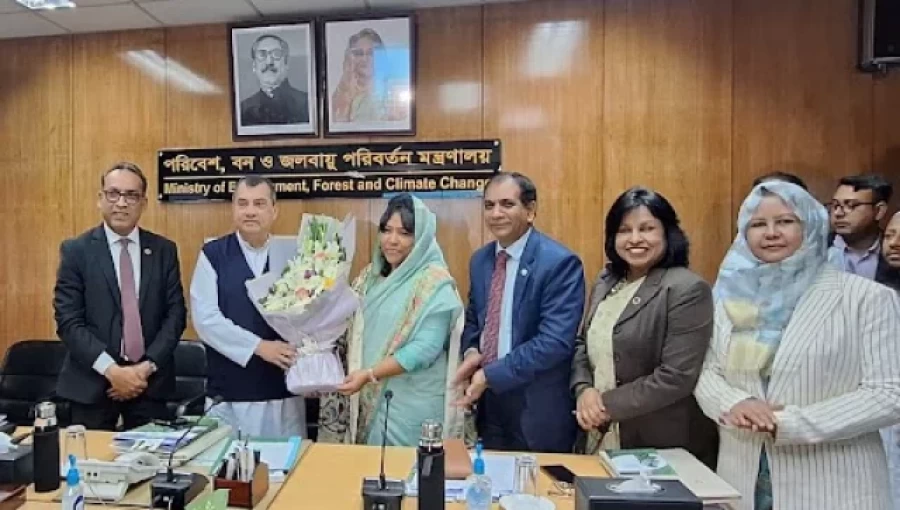







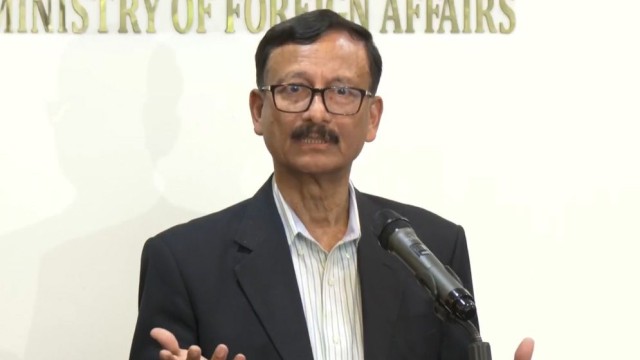
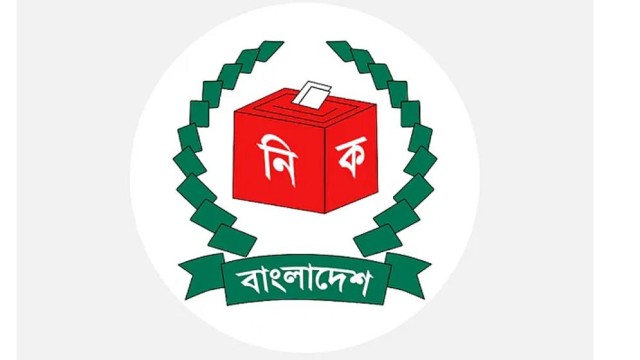


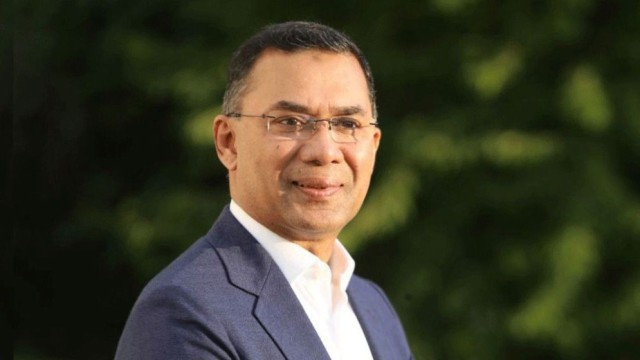
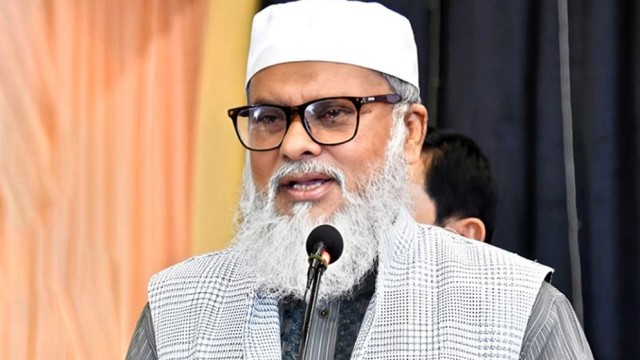
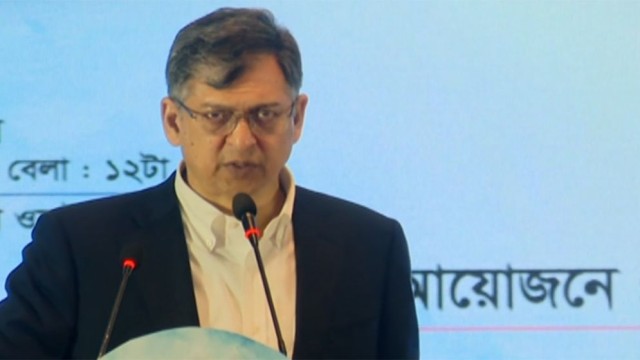
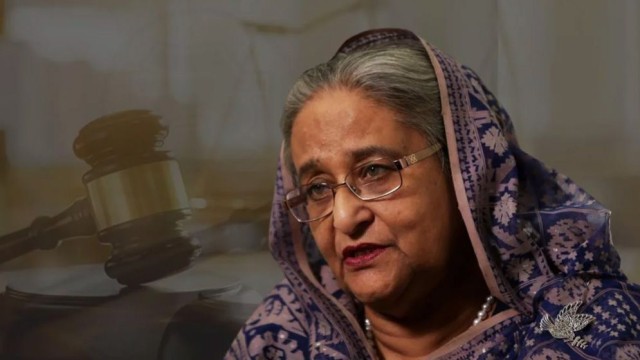



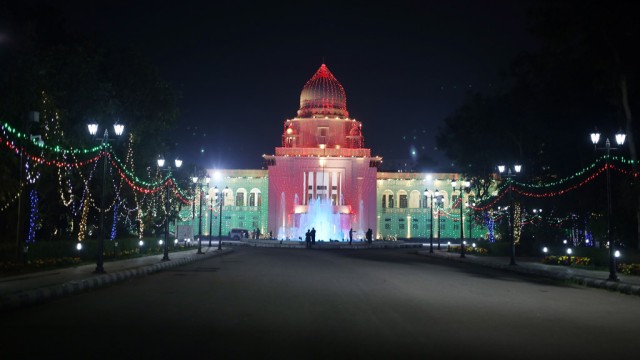



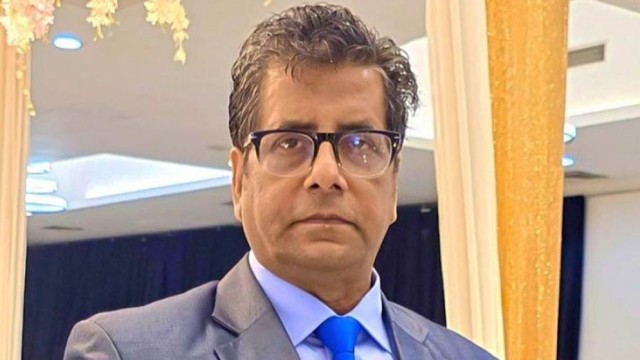




Comment: